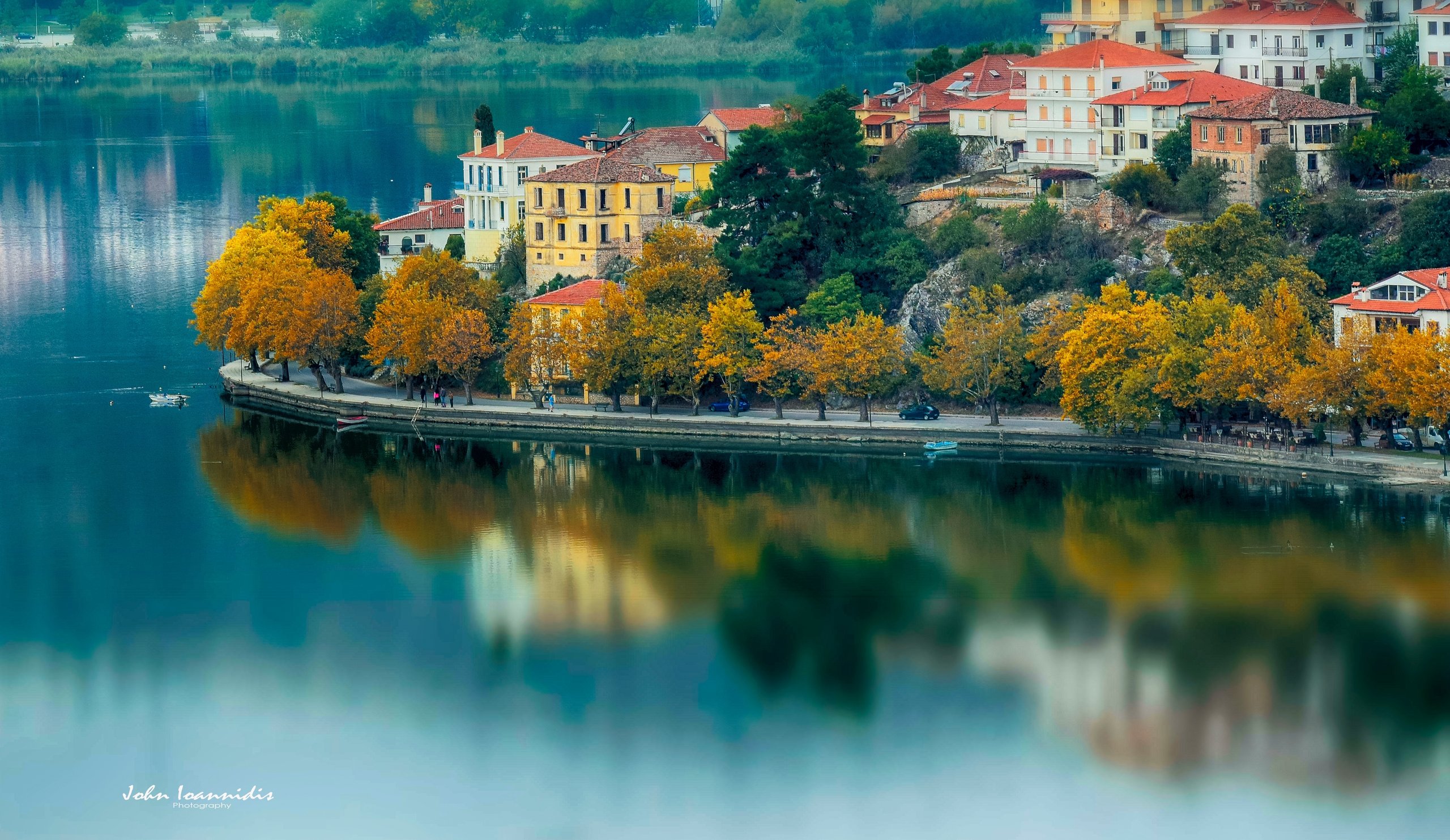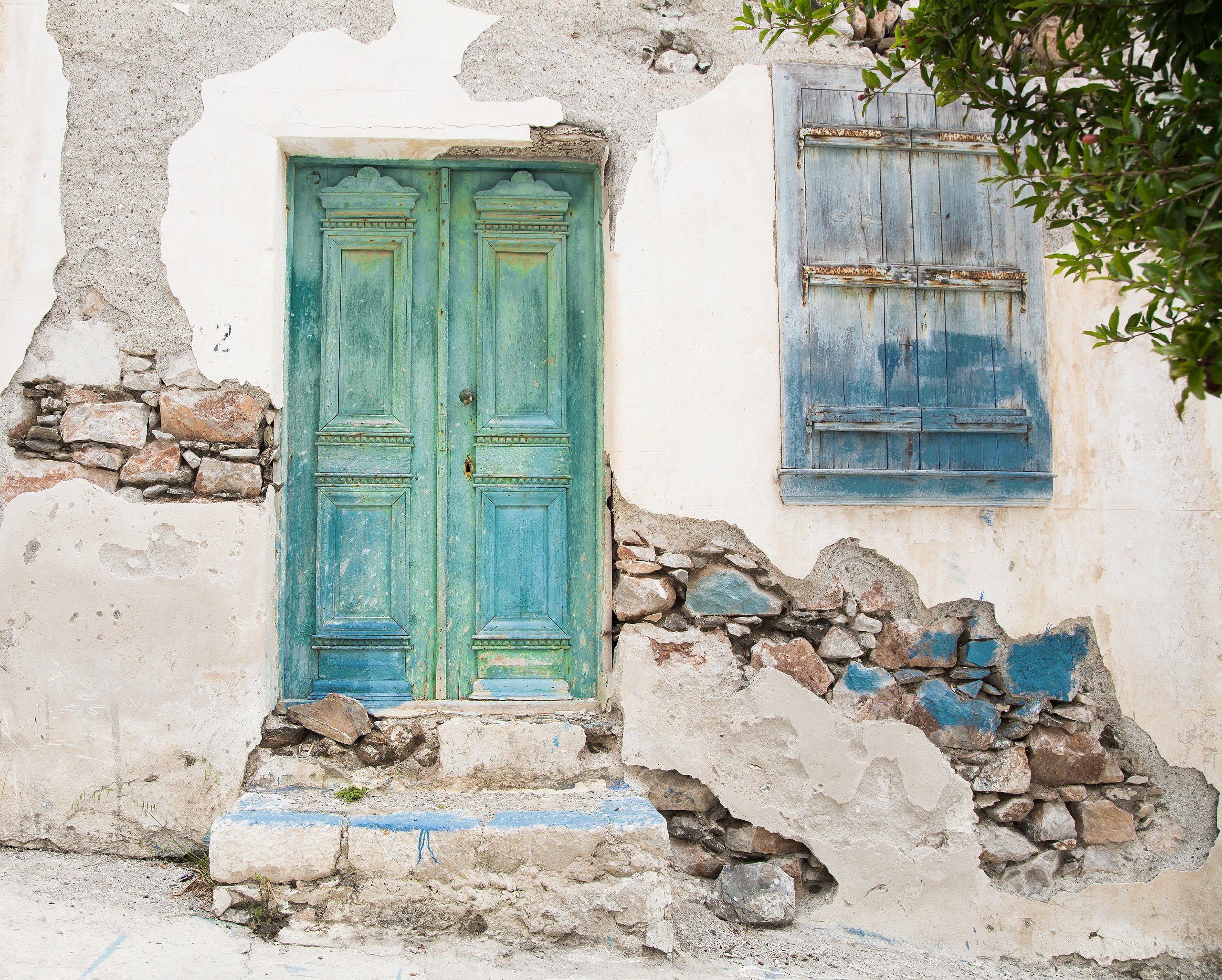A sun-drenched, history-rich alternative to the Greek islands, the Peloponnese offers golden beaches, mountain escapes and excellent value property – all within reach of Athens. Here’s everything you need to know about buying there.
If you’re dreaming of a home in Greece but want to avoid the ferry schedules and inflated island prices, the Peloponnese deserves a closer look.
This storied peninsula is steeped in mythology, with ancient temples, olive groves and quiet seaside villages where everyday life unfolds at a slower pace. It’s ideal for those looking to combine year-round accessibility with natural beauty and a strong sense of community.
With breathtaking coastlines, historic hill towns and surprisingly affordable homes, the Peloponnese offers an island lifestyle without island prices – all just a short drive from Athens.
Download the Greece Buying Guide
Contents
Why buy property in the Peloponnese?
The Peloponnese is mainland Greece’s wild and wonderful peninsula – a rugged and scenic region that often flies under the radar in favour of more famous islands. But for many international buyers, it’s a dream destination: you get that traditional Greek island lifestyle without the ferry timetables or premium prices.
Its dramatic mountains, ancient ruins and traditional seaside villages create an ideal setting for anyone craving natural beauty and cultural depth. Think long lunches at family-run tavernas, walking trails through forests and olive groves and beach evenings with barely another soul in sight.
Plus, the Peloponnese is conveniently connected by road to Athens, giving you year-round access and avoiding the limited seasonal flights of the islands.

What’s the weather like?
The Peloponnese generally enjoys long summers and relatively mild winters, though conditions vary by region. The mountainous interior is cooler year-round, and the western coast sees more rainfall, resulting in a lush, green landscape.
| Season | Average high temperature | Climate notes |
|---|---|---|
| Summer (July–August) | Up to 33°C | Dry and sunny, up to 12 hours of sunshine a day |
| Spring/autumn | Mid 20s | Warm and comfortable, perfect for hiking or house-hunting |
| Winter | Around 13°C | Cooler inland, potential snowfall in the mountains |
For ski enthusiasts, the Ostrakina and Mainalon resorts offer surprising winter fun – yes, you can ski in Greece!
What can you buy for your budget?
Property in the Peloponnese is still relatively affordable compared with hotspots like Crete or Mykonos, offering excellent value for both traditional homes and modern builds.
| Budget | What you could buy |
|---|---|
| Up to €80,000 | Village house needing updating or a modern two-bedroom apartment |
| €250,000 | Three-bedroom maisonette with sea views or a private country retreat |
| Over €250,000 | Spacious renovated homes or limited new builds with contemporary features |
Is the Peloponnese a good investment?
The Peloponnese may not (yet) match island locations for capital growth, but prices are rising steadily. According to data from Indomio, as of June 2025, the average asking price stood at €1,687 per square metre – up 8.4% on the previous year.
Tourism in the region is also expanding, creating demand for short-term rentals, particularly in historic or coastal towns. If you’re looking for a place to enjoy yourself that also brings in some rental income, the Peloponnese could be a strategic choice.
How to get to the Peloponnese
Unlike many islands, the Peloponnese is easy to reach year-round via Athens International Airport – Greece’s best-connected hub.
There are also seasonal flights into Kalamata and Patra, adding convenience during the spring and summer months.
Where to buy in the Peloponnese
- Mani and Lakonia: a remote, romantic area ideal for those wanting traditional stone homes, sea views and privacy. Popular with buyers looking for a low-key, authentic escape.
- Gytheio: this former naval base is now a lively harbour town with seafood tavernas, pastel houses and some of the region’s most accessible beaches. Ideal for part-time living with rental appeal.
- Kalamata: the region’s urban hub. You’ll find international schools, medical facilities and sandy beaches all in one place. It’s great for families or digital nomads looking for infrastructure and charm.
- Sparti: inland and surrounded by history, this city appeals to those seeking value for money and a connection to Greece’s ancient roots. Olive groves, citrus orchards and archaeological sites abound.
- Monemvasia: this walled Byzantine town has an almost magical feel. Properties are limited and premium priced, but the views and atmosphere are unmatched.
Buying property in the Peloponnese: step-by-step
- Do your research
Download guides, attend webinars and browse articles to build your knowledge. Talk to others who’ve made the move.
- Define your criteria
What’s essential: sea view, walkability, internet speed, or low maintenance? Make a list and rank them.
- Speak to a currency specialist
Exchange rates change daily. Fix your rate with a forward contract to protect your budget.
- Get your Greek tax number (AFM)
Visit the local tax office with your passport and birth certificate. Your lawyer can help.
- Build your team
Find a local estate agent, independent lawyer and (if needed) a tax advisor. We work with vetted local experts and can help with introductions.
- Take a viewing trip
Plan ahead to maximise your time. Local agents will show homes that meet your criteria – and might even reveal off-market gems.
- Make an offer
Once you find “the one”, your agent and lawyer will help make the offer and begin due diligence.
- Sign the contract and pay the deposit
Usually around 10%, along with a reservation fee if needed.
- Prepare for ownership
Set up bank accounts, utilities and maintenance arrangements during the wait.
- Complete the sale
Sign the final contract before a notary. Pay the remainder, taxes and fees – then receive the keys.
- Register the property
Your lawyer will ensure the title is transferred to your name.
Frequently asked questions
The main risks include unclear ownership titles, unauthorised building works and underestimating the total purchase costs. Always work with an independent lawyer to verify land registry records and ensure the property complies with planning rules before signing anything.
Yes. UK citizens can buy property in Greece without restrictions. However, you’ll need a Greek tax number (AFM) and it’s also good to have a local bank account to complete the purchase. Residency is not automatically granted through ownership, but you can apply for the appropriate visa or permit if you want to stay longer than the standard 90-day allowance.
Greece has seen steady price growth in recent years, with the Peloponnese averaging €1,687 per square metre in mid-2025 – an 8.4% rise compared to the previous year. Combined with growing tourism and strong rental demand in coastal and historic areas, it offers both lifestyle benefits and solid long-term potential for investors.
You might also like:









